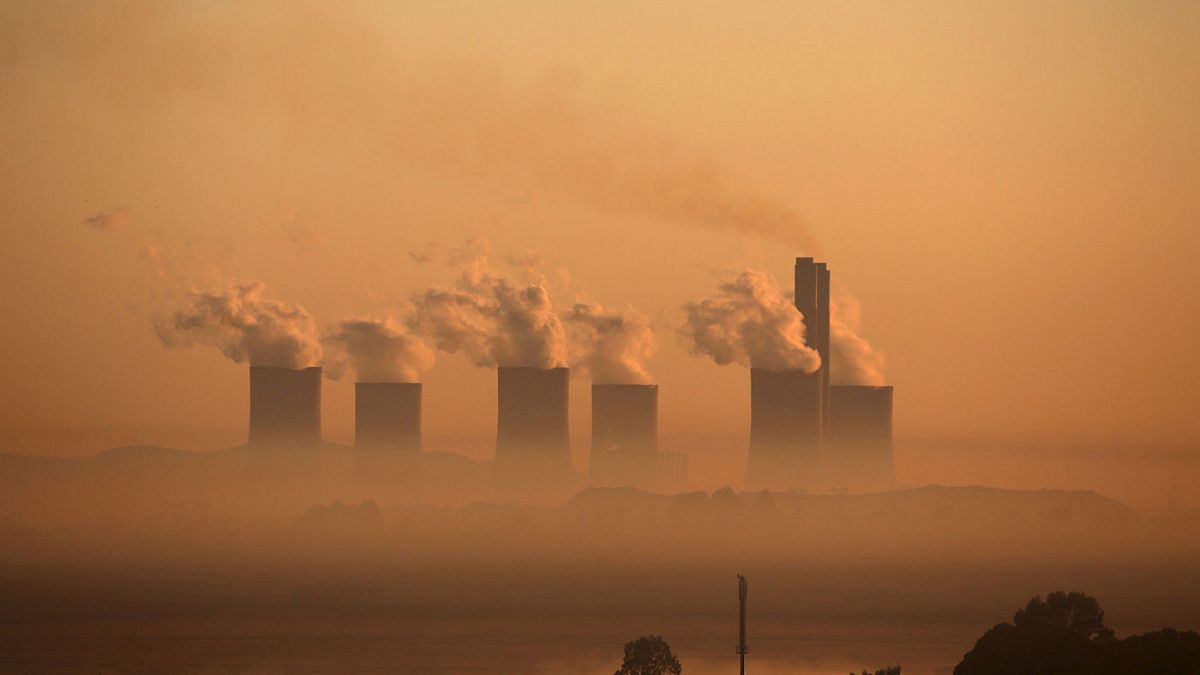Countries agree to reduce emissions of Hydrofluorocarbon greenhouse gases in a major milestone for combating climate change.
An historic accord has been reached by over 150 nations to cut back on greenhouse gases used in refrigerators and air conditioners.
At a meeting in Rwanda, representatives from the countries agreed to reduce emissions of factory-made Hydrofluorocarbon (HFC) gases, a major milestone in combatting climate change.
The moment the world took the most significant climate mitigation step in history: passing the #KigaliAmendment to the #MontrealProtocol. pic.twitter.com/RPmg0PCkey
— Min Nat Resources Rw (@RwandaResources) 15 October 2016
The new deal divides countries into three groups depending on their economic status, with each having a different deadline.
Economies such as the EU and the US will start to reduce their us of HFCs soon with the aim to make a cut of at least 10 percent by 2019.
Some developing countries like China, Latin American nations and island states have been given longer to reduce emissions, while India, Pakistan, Iran, Iraq and the Gulf states will not freeze their use until 2028.
‘More damaging that coal’
HFCs were introduced in the 1980s as an alternative to ozone-depleting gases that create holes in the region of Earth’s stratosphere that absorbs most of the Sun’s ultraviolet (UV) radiation.
They are found in refrigerators, air conditioning units, household aerosols and inhalers among other items
In recent times, however, air conditioner and refrigerator sales have soared in emerging economies such as China – the world’s top carbon emitter – and India – the world’s third worst polluter – leading to a sharp spike in HFC emissions.
The gases have been said to emit as much pollution as 300 coal fired power plants every year.
Experts estimate that the measures will remove 70 billion tonnes of carbon dioxide from the atmosphere by 2050.
